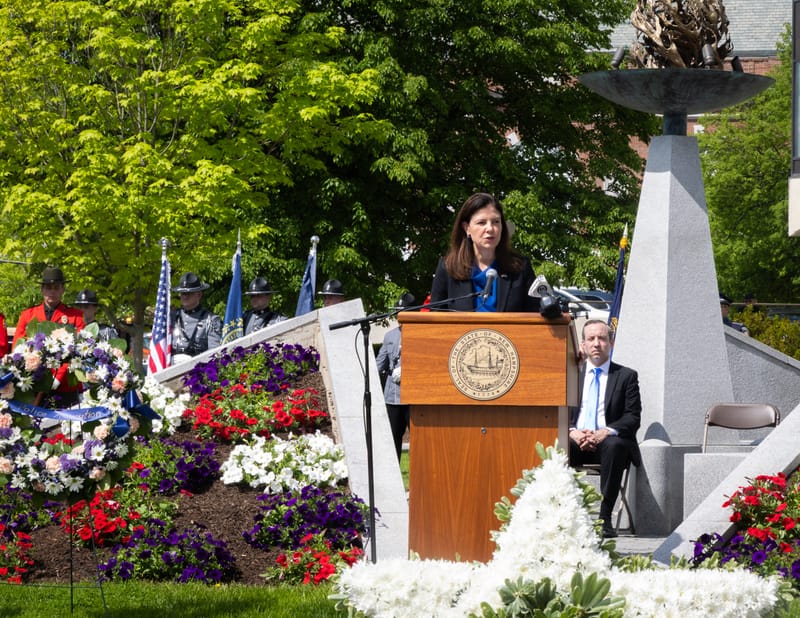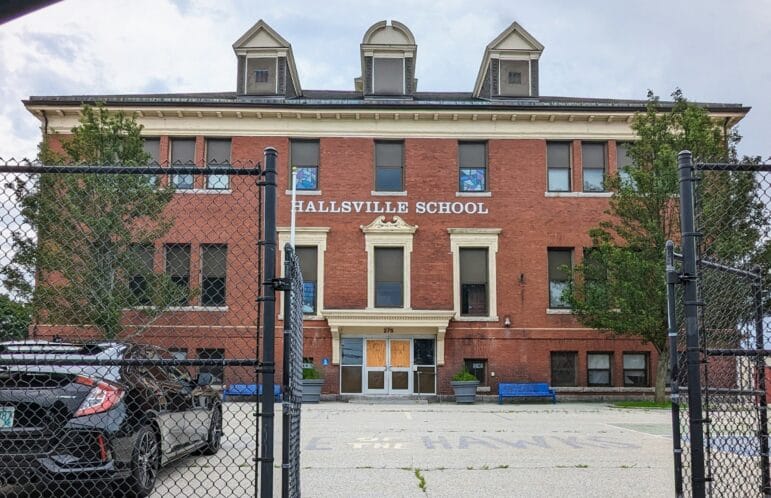City Health Department says 2023 stats show how overdose prevention strategy is working
American Medical Response (AMR) this week reported a 24% overall reduction in suspected overdose fatalities in the City of Manchester this year over last. The City of Manchester Health Department credits the work of the Rapid Overdose Assessment and Response Team along with the Crisis Response Unit

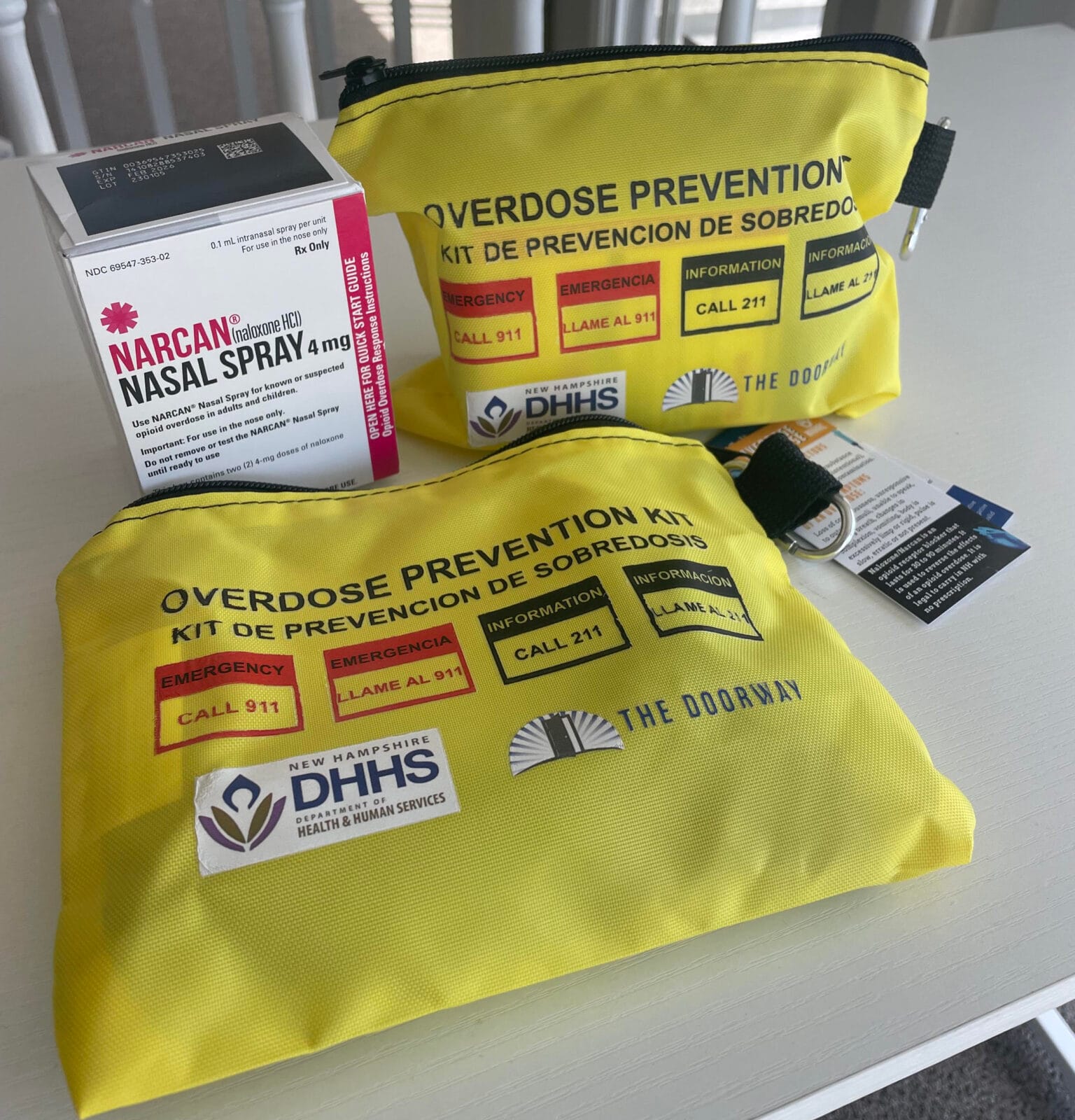
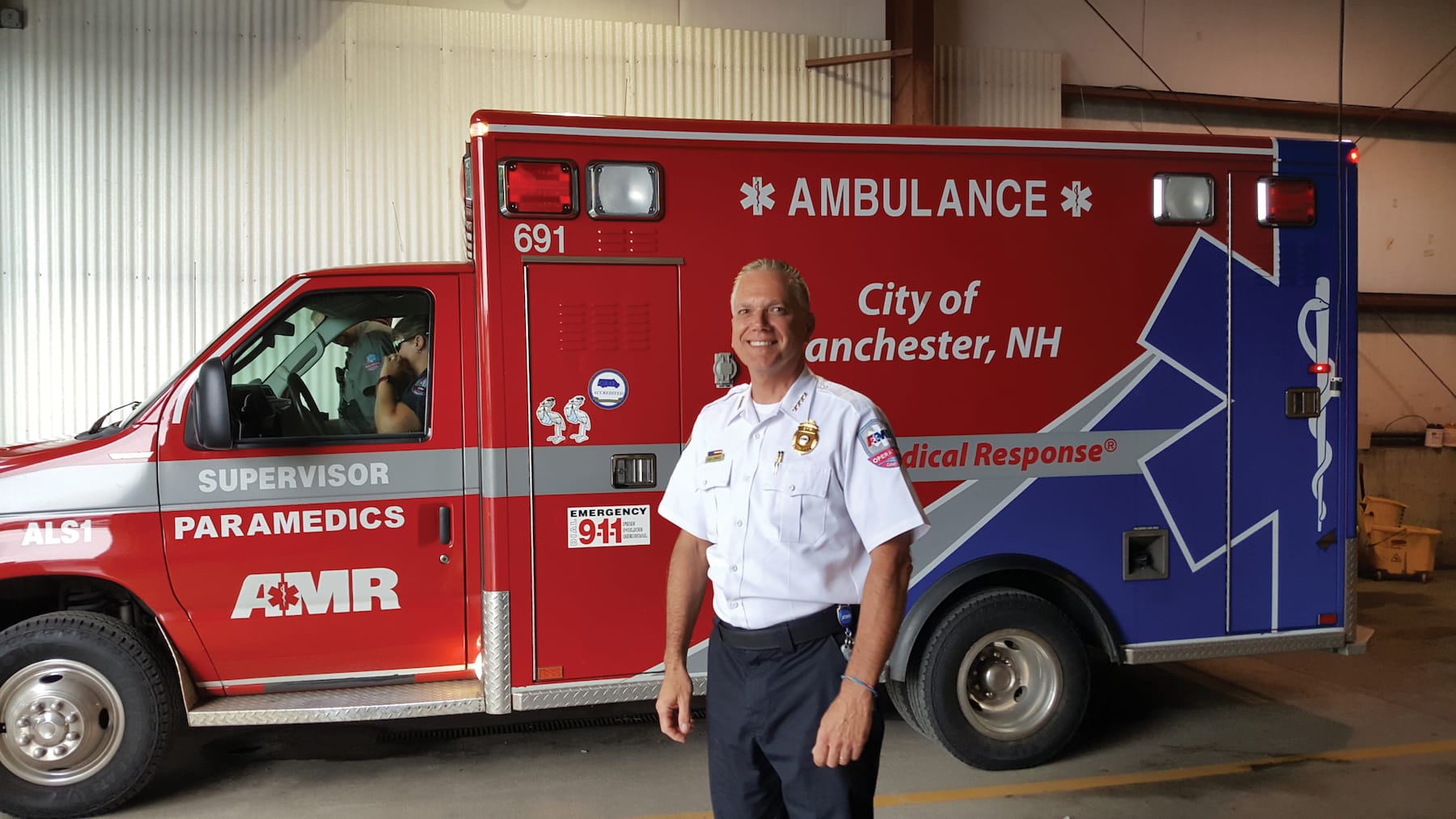
RELATED STORY ⇒ AMR report: Opiod fatalities down in 2023 for Manchester and Nashua
MANCHESTER – American Medical Response (AMR) this week reported a 24% overall reduction in suspected overdose fatalities in the City of Manchester this year over last. The City of Manchester Health Department credits the work of the Rapid Overdose Assessment and Response Team along with the Crisis Response Unit in achieving these results.
Both models were initiated with the guidance of the Centers for Disease Control and Prevention (CDC) as well as the National Association of City and County Health Officials (NACCHO).
In 2022, based on AMR data, the City of Manchester experienced 701 suspected overdoses and 79 suspected fatalities. In 2023, the number of suspected overdoses were 697 with 19 fewer suspected overdose deaths compared to last year. Close to half of these suspected overdoses occurred among individuals experiencing homelessness with just over 30% occurring among Manchester residents.
“While we are pleased with this initial year of work, there is still much to do. Knowing that many individuals who are struggling with addiction are not from Manchester is concerning and calls for a comprehensive and coordinated statewide strategy to prevent overdoses – especially among the unhoused,” said City of Manchester Public Health Director Anna Thomas.
“These combined efforts exemplify ‘meeting people where they are at’, and demonstrate a deep compassion for those who are struggling with substance use disorders by our first responders and outreach workers” concludes Mayor Jay Ruais. “Every life lost is a tragedy with incalculable costs, and every life saved in Manchester improves the quality of life throughout our community. It also prevents unnecessary costs, stress and fatigue of our first responders, caregivers and family members, redirecting those resources to where they are needed most. While more work remains, I am encouraged by this report, and thank all those involved in our City’s response.”
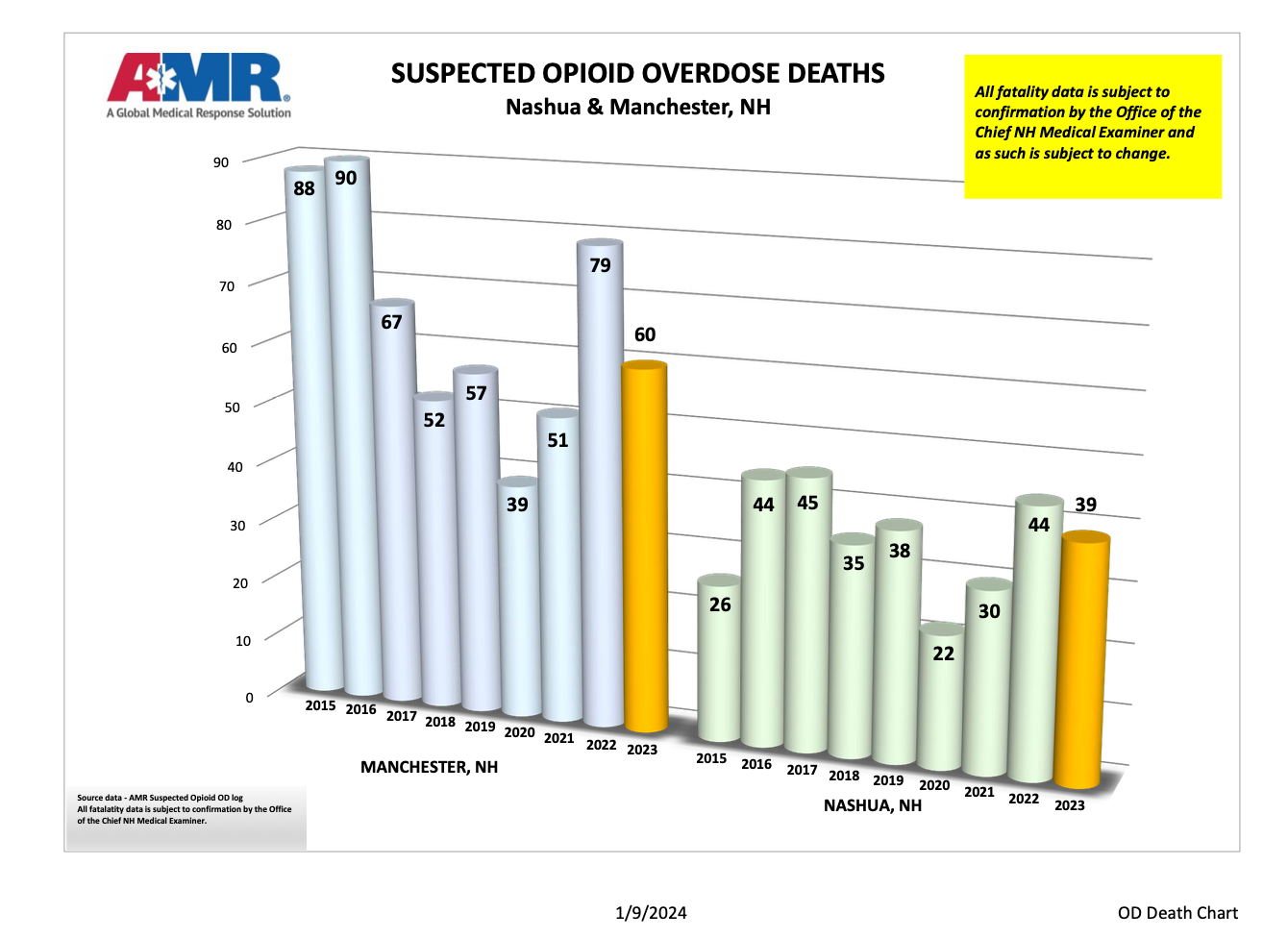
With the assistance of CDC and NACCHO funding, the City of Manchester Health Department was selected as one of 20 communities nationally to bolster overdose prevention strategies on the local level. This has allowed the Department to hire a Director of Overdose Prevention and 12 Overdose Prevention Outreach Workers to respond when there is an overdose fatality spike and during timeframes when there is a lack of enhanced outreach support in the community. The Rapid Overdose Assessment and Response Team is comprised of multi-disciplinary professionals who have experience and training in harm reduction/fatality prevention services, evidence-based treatment, as well as recovery support service options in the community, including the availability and accessibility of those services. This national approach has been coupled with the existing successfully-proven Crisis Response Unit, a partnership between the Manchester Police Department and the City of Manchester Health Department’s Public Health and Safety Team, to follow up on individuals who have recently overdosed within 24-48 hours.

“These combined efforts exemplify ‘meeting people where they are at’, and demonstrate a deep compassion for those who are struggling with substance use disorders by our first responders and outreach workers” concludes Mayor Jay Ruais. “Every life lost is a tragedy with incalculable costs, and every life saved in Manchester improves the quality of life throughout our community. It also prevents unnecessary costs, stress and fatigue of our first responders, caregivers and family members, redirecting those resources to where they are needed most. While more work remains, I am encouraged by this report, and thank all those involved in our City’s response.”
City health officials and community providers urge those struggling with substance use disorder, anxiety or other mental health concerns to contact the Doorways by calling 2-1-1 or by visiting https://www.thedoorway.nh.gov/.



